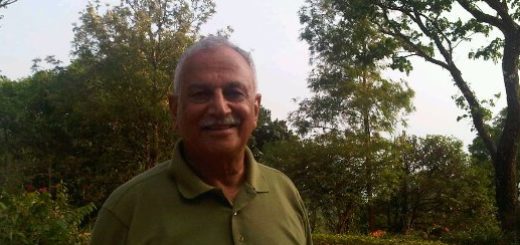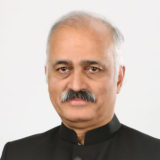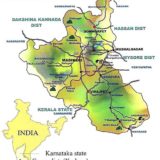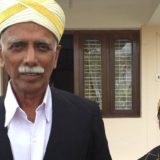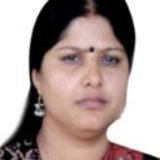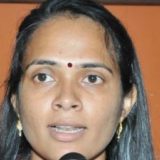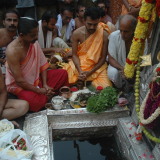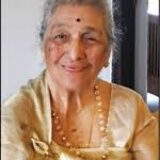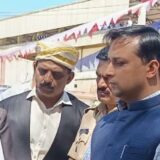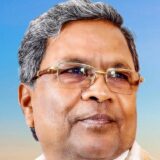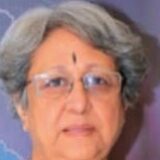
By P.T. Bopanna
One of the biggest mysteries doing the rounds in the last few days, involves the order banning Salman Rushdie’s controversial novel The Satanic Verses way back in 1988.
The Delhi High Court dismissed last week a plea challenging the ban on importing the book after noting that both authorities and the petitioner, failed to produce the notification banning the book.
The media reports in the last few days have failed to note the circumstances leading to the ban on the book.
However, since the late C.G. Somaiah, IAS (retd) hailed from Kodagu (Coorg) district in Karnataka (same as I also do), I had taken lot of interest in his career.
Somaiah, known for his honesty and impeccable career record, was the Indian Home Secretary in 1988 and was trusted by the then Prime Minister Rajiv Gandhi.
The role of Somaiah in banning the book came to be known at the Times Literary Carnival in 2013 when retired bureaucrat G. Parthasarathy threw light on the issue and disclosed for the first time how and why the government banned the book.
Parthasarathy was quoted as saying: “When the book was published, we were going through communal tensions in UP and elsewhere. The communal situation in UP was bad. You had the Malyana and Meerut riots and large number of MPs wrote to the PM that they had heard about this book and really, they felt that it should not be permitted in India. It will only raise communal tensions. Therefore in terms of the law, a book can be banned only if it is likely to “disturb public order” and that judgement has to be taken by the Union Home Secretary, who was then a Coorg called Somaiah.
“And Mr Somaiah read the book and he came to the conclusion that there were blasphemous references, that at a time when the Muslim community in India was under strain, it was not good to add further fuel to the fire. And therefore he took a decision which was an objective decision, based on requirements of law and order.
“Now, this talk that it was banned by the Prime Minister Rajiv Gandhi and the politics is nonsense. When it was banned, that evening Doordarshan referred to it. The Prime Minister called me and asked me, ‘What is all this about banning the book?’ And I said that I would check with the Home Secretary and get back, and the next morning I told him it was the Home Secretary’s decision and him being a highly respected civil servant, the PM did not question him. Now, we intended to keep that decision secret because we didn’t want to further inflame tensions nor did we wish to get into controversy. And if things quietened down, we’d left the door open for us to permit its import.
“Now Salman somehow or the other found out we’d banned it. He sent a very nasty letter, a faxed message, to the Prime Minister which came down to me. I did not intend to enter into a further controversy so I just, we just filed it in the Prime Minister’s office, not responding to it. Finding us not responding, Salman decided he needed a bit of publicity and I’m being brutally frank about this. He calls a press conference in London to which the BBC is invited and lampoons India for lacking freedom, for the Prime Minister being a censor without bothering to check with us why it was done or what it was done.
“And then BBC plays it on its Persian language services, which are listened apparently very avidly to by the Ayatollahs … so when the Iranians learn that the Indians have banned a book blasphemous of Islam, they said we are the Islamic republic, and they went one step further. But the reality is that I think it was a bit of Salman’s own recklessness. If he’d come back to us, discussed it, but going public to lampoon India as a secular, democratic country banning the book really was what led ultimately to whatever happened. I have never spoken about this… but I thought I would share it with this audience in Mumbai because you would understand.”
After his retirement, Somaiah served as comptroller and auditor-general of India and wrote a best-selling autobiography The Honest Always Stand Alone.

